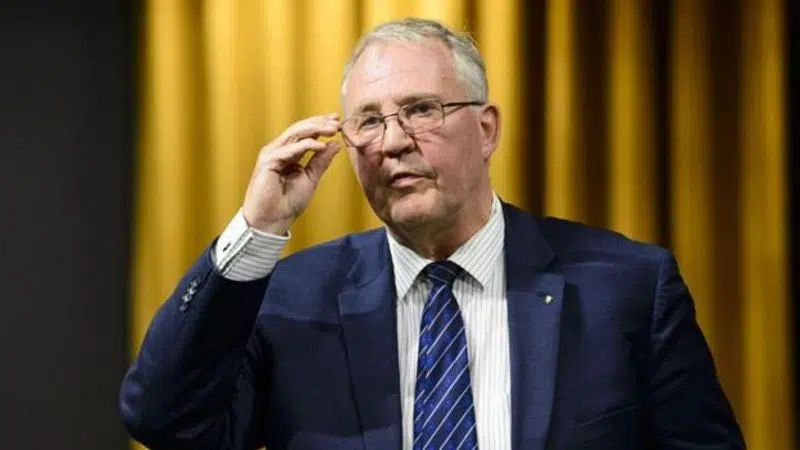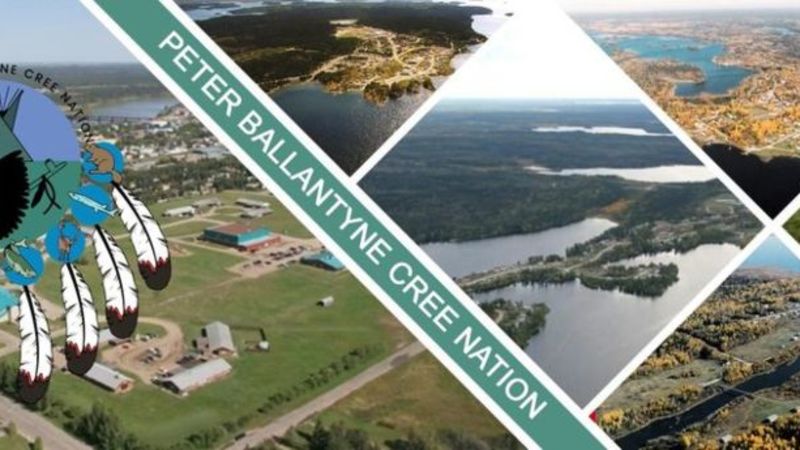
Blair says federal officials dealing with backlog of refugee security screens
OTTAWA — Canada’s border-security minister says there is a backlog in the screening of asylum seekers, including those who are considered irregular border-crossers walking into the country from the United States, but it doesn’t constitute a security problem.
Internal government documents obtained by lawyer Richard Kurland under the federal access-to-information law show that as of Feb. 28, 2018, there were 11,745 asylum-seekers waiting for second security screenings, up from 1,683 just two years earlier — an increase of about 700 per cent.
All those in the queue had already been screened once at the border to see whether they posed clear security threats.


